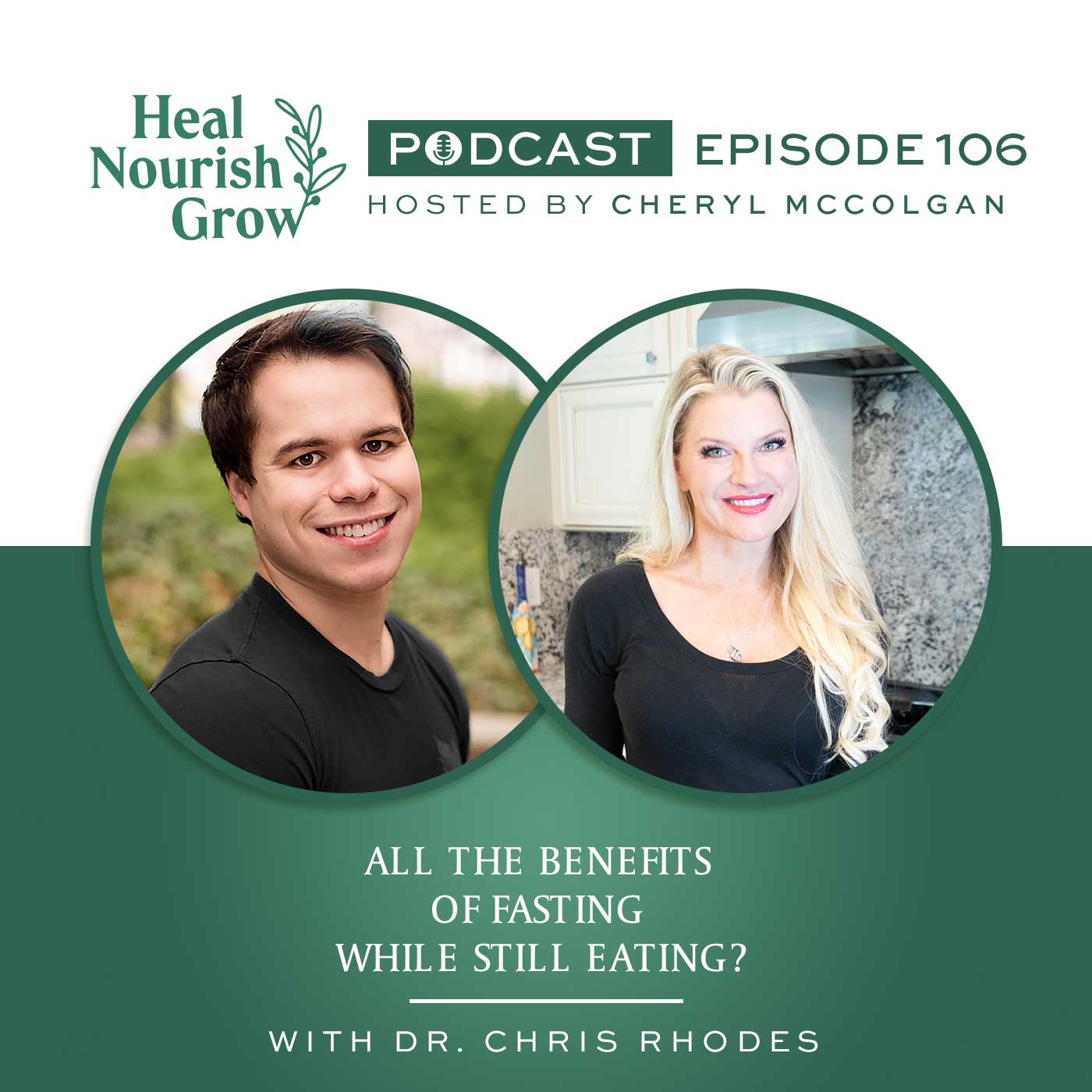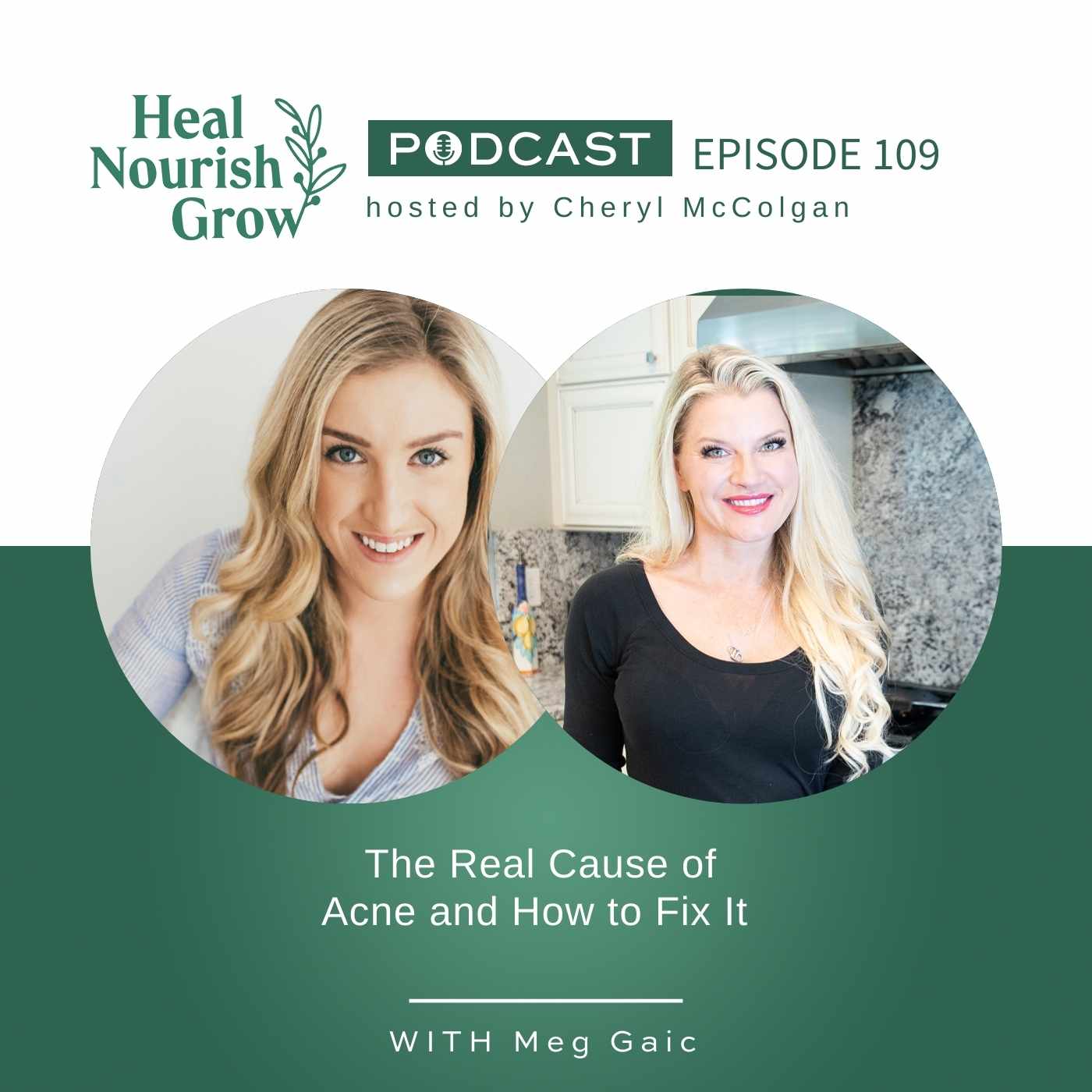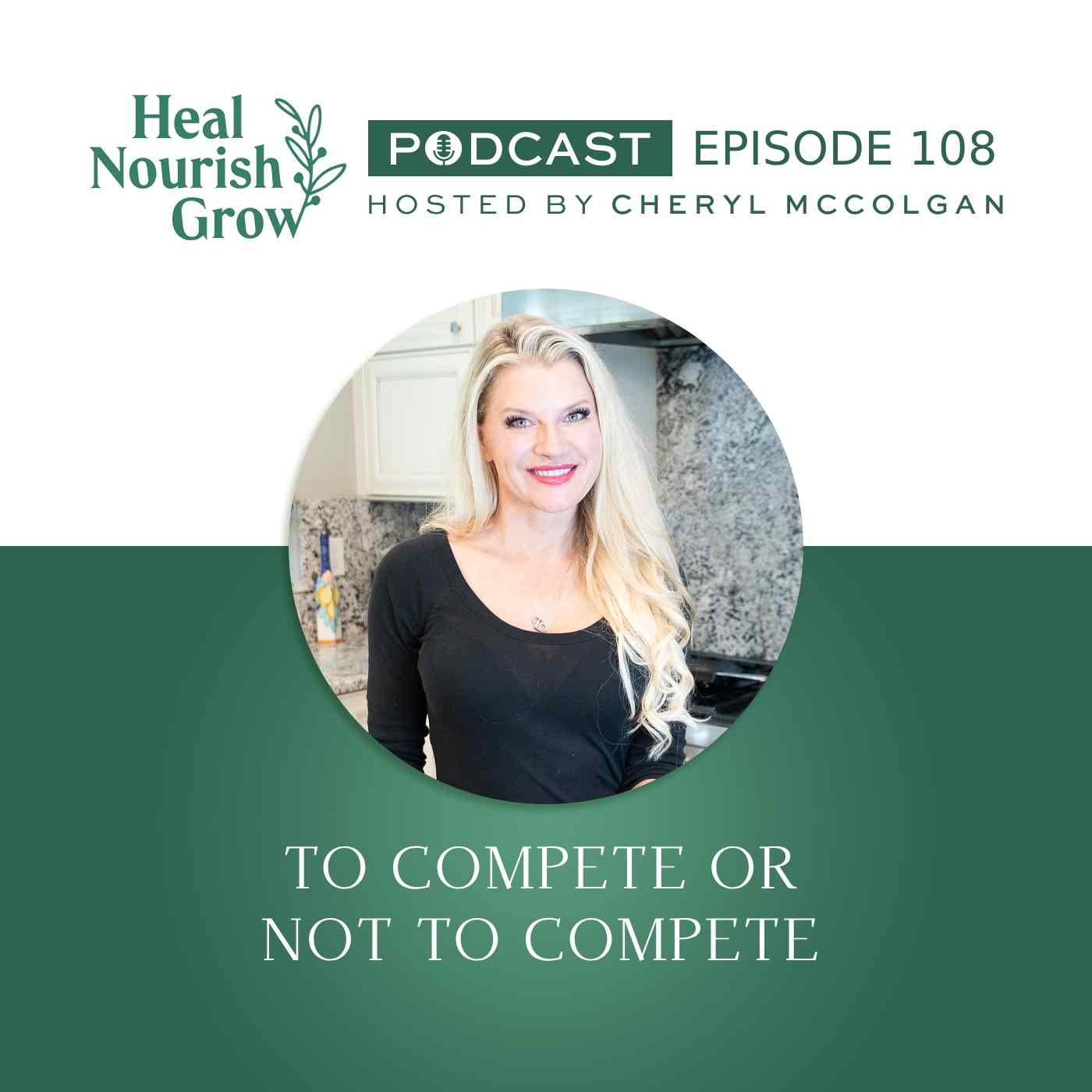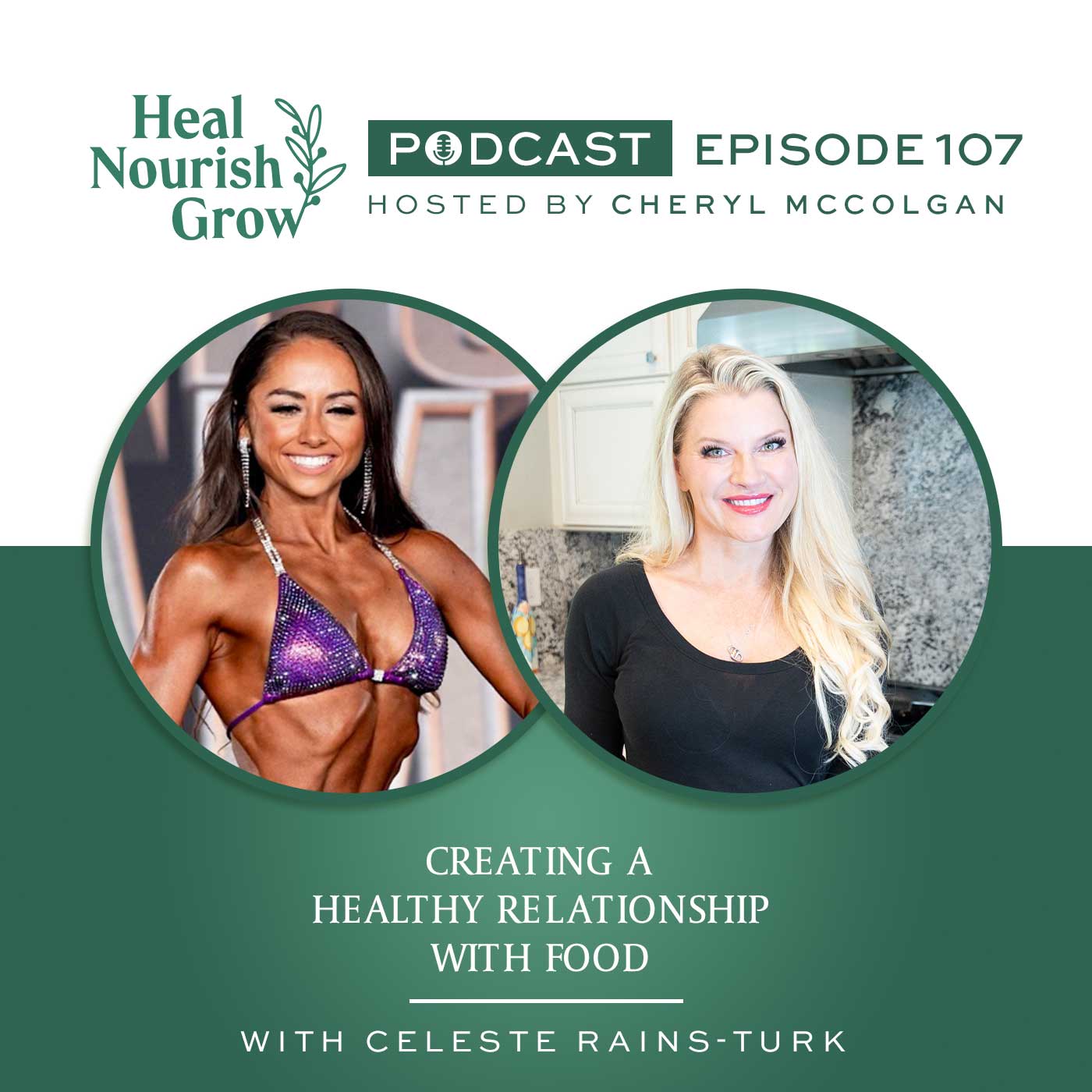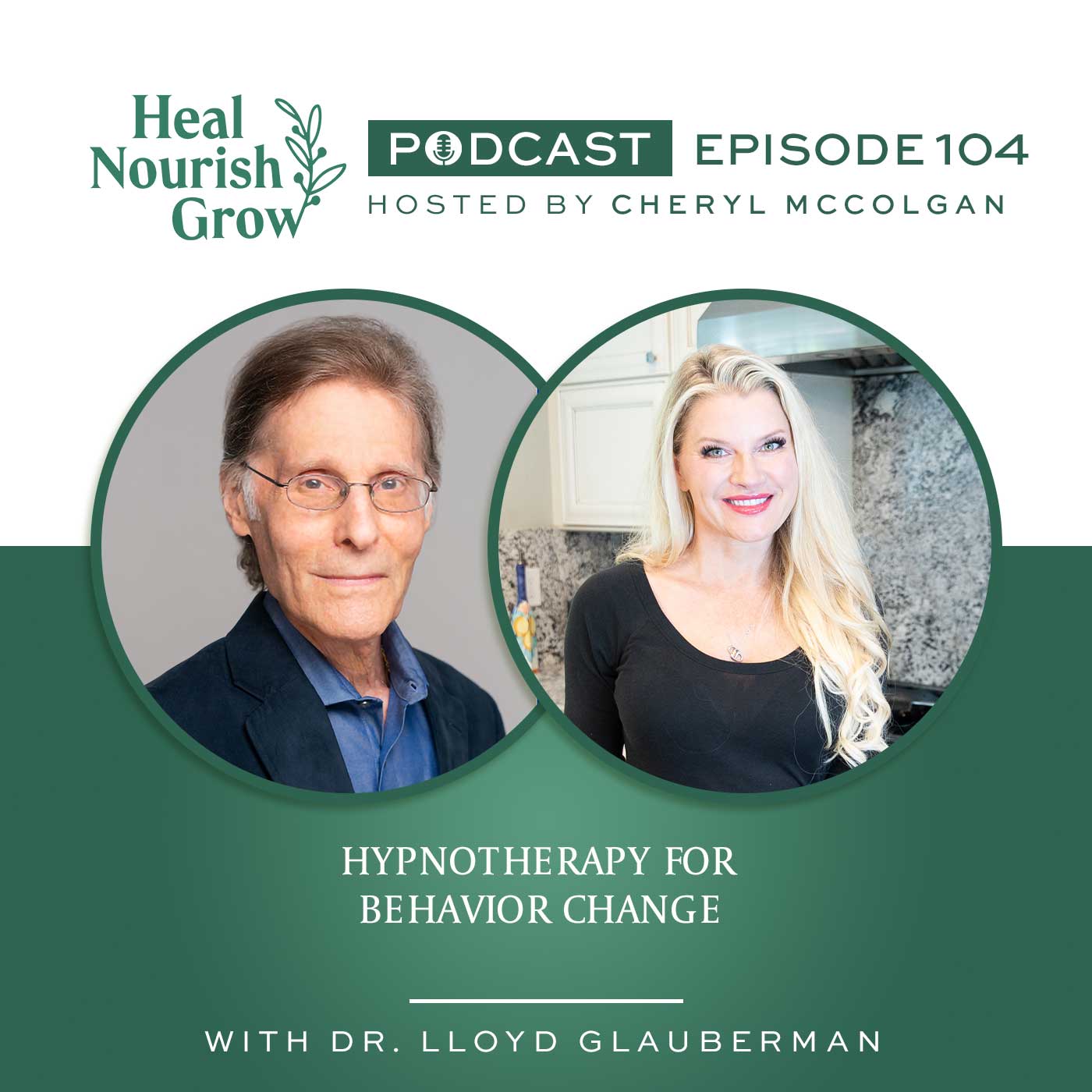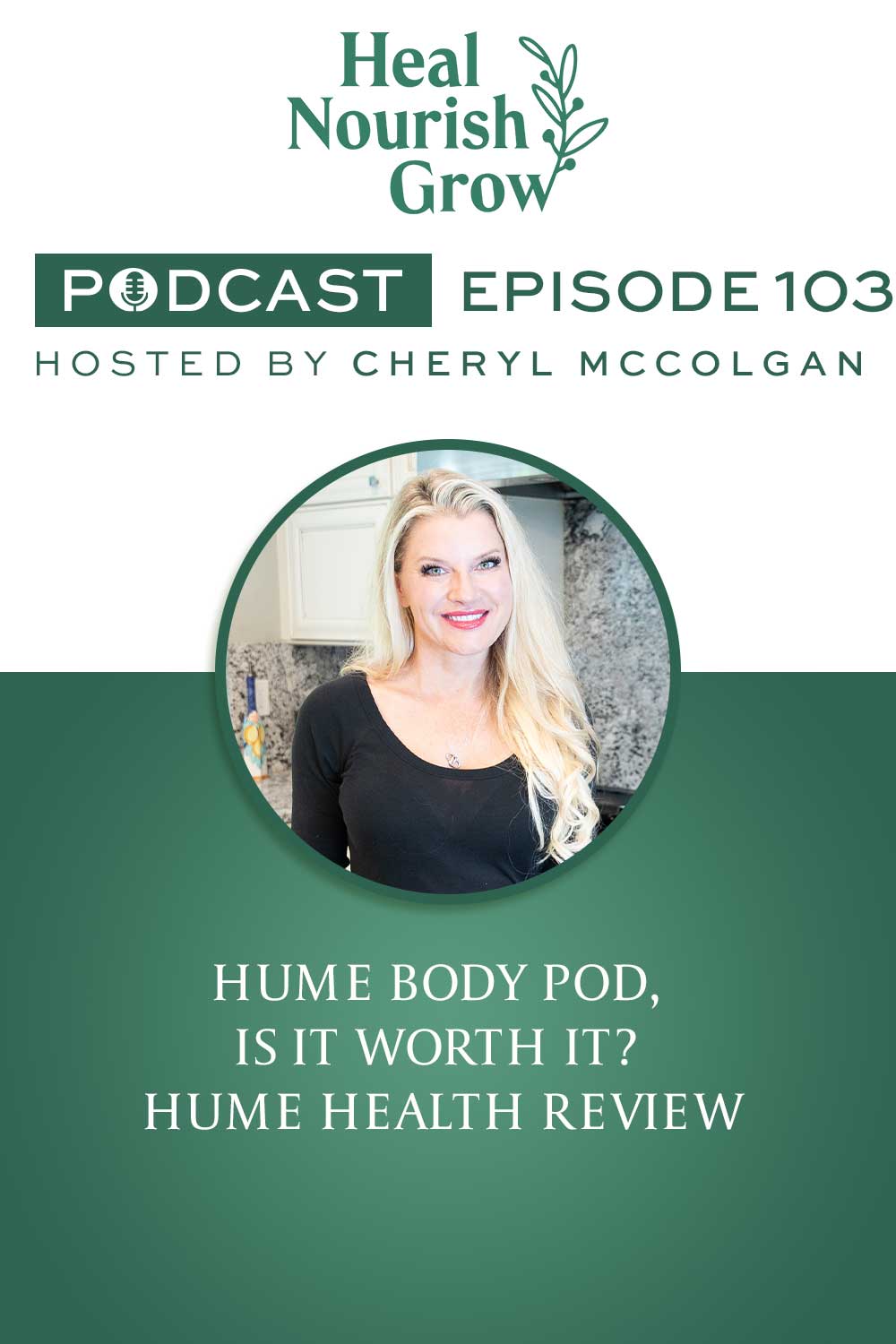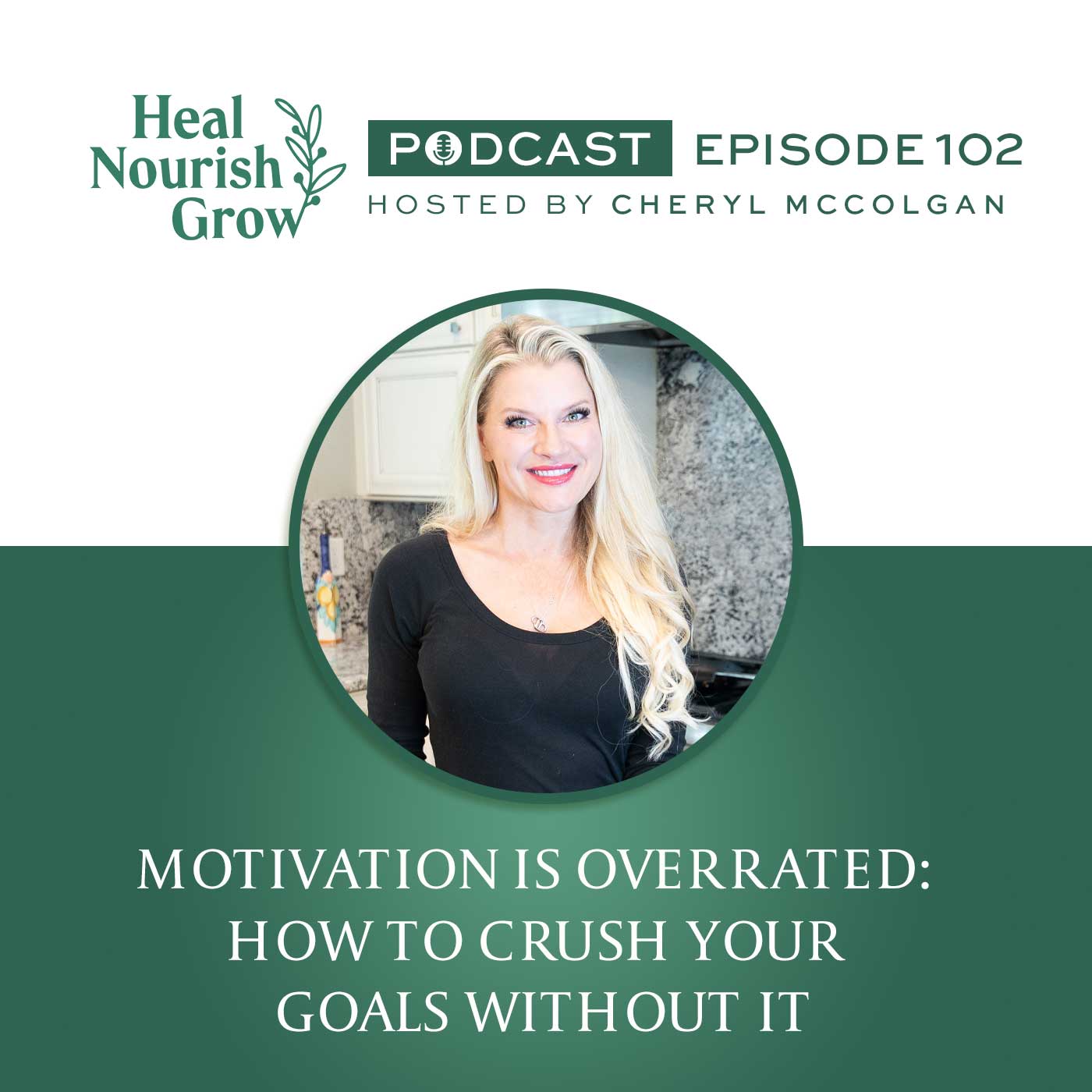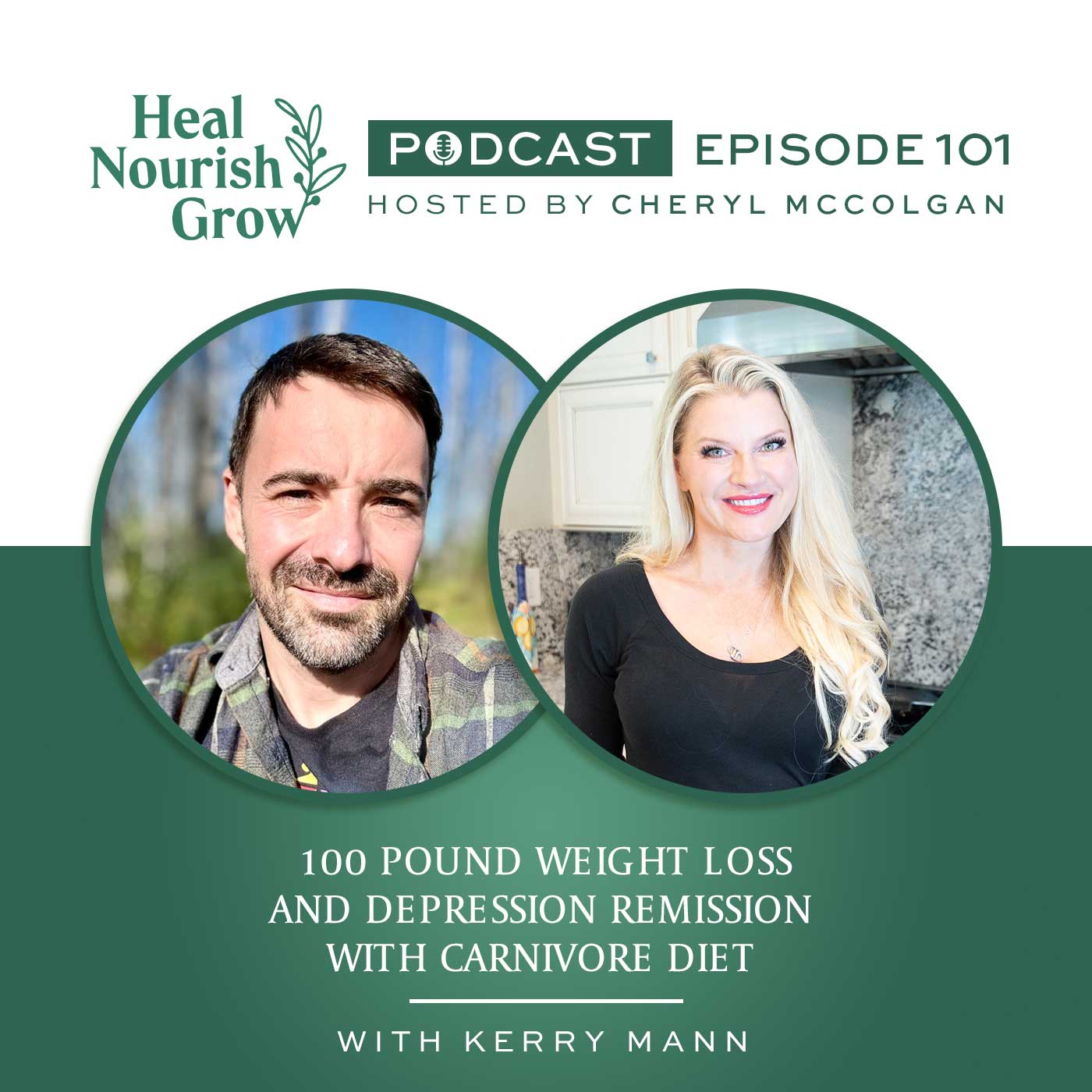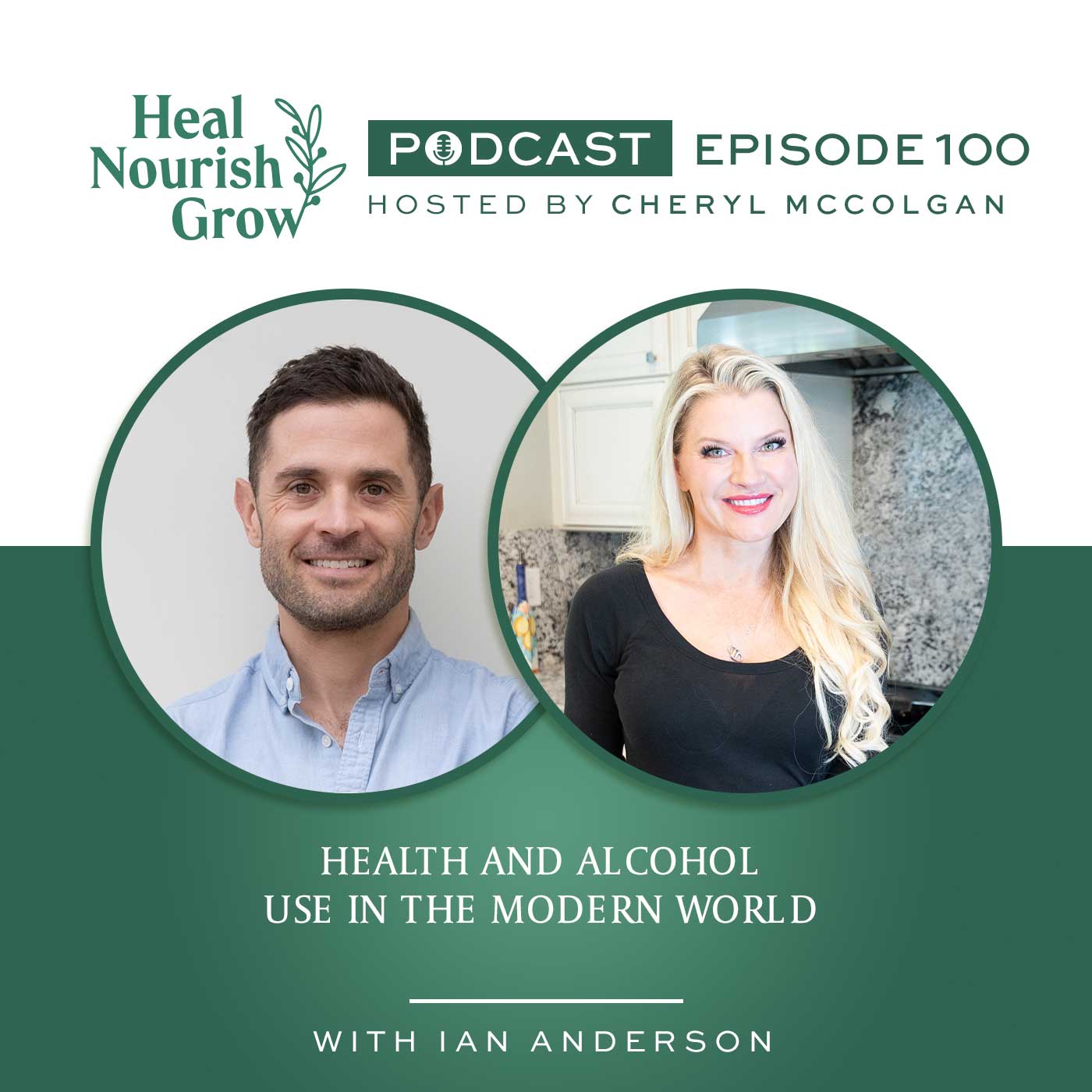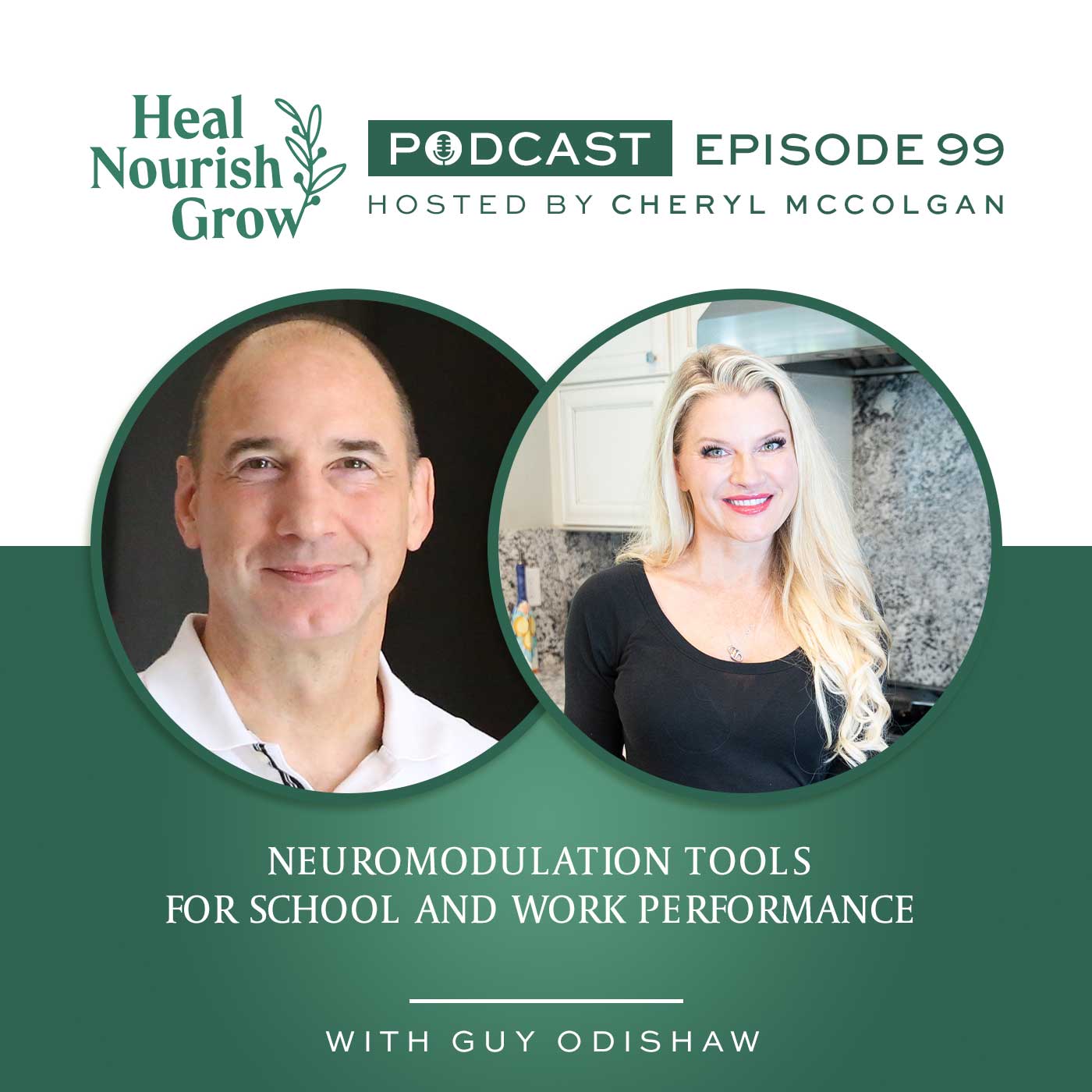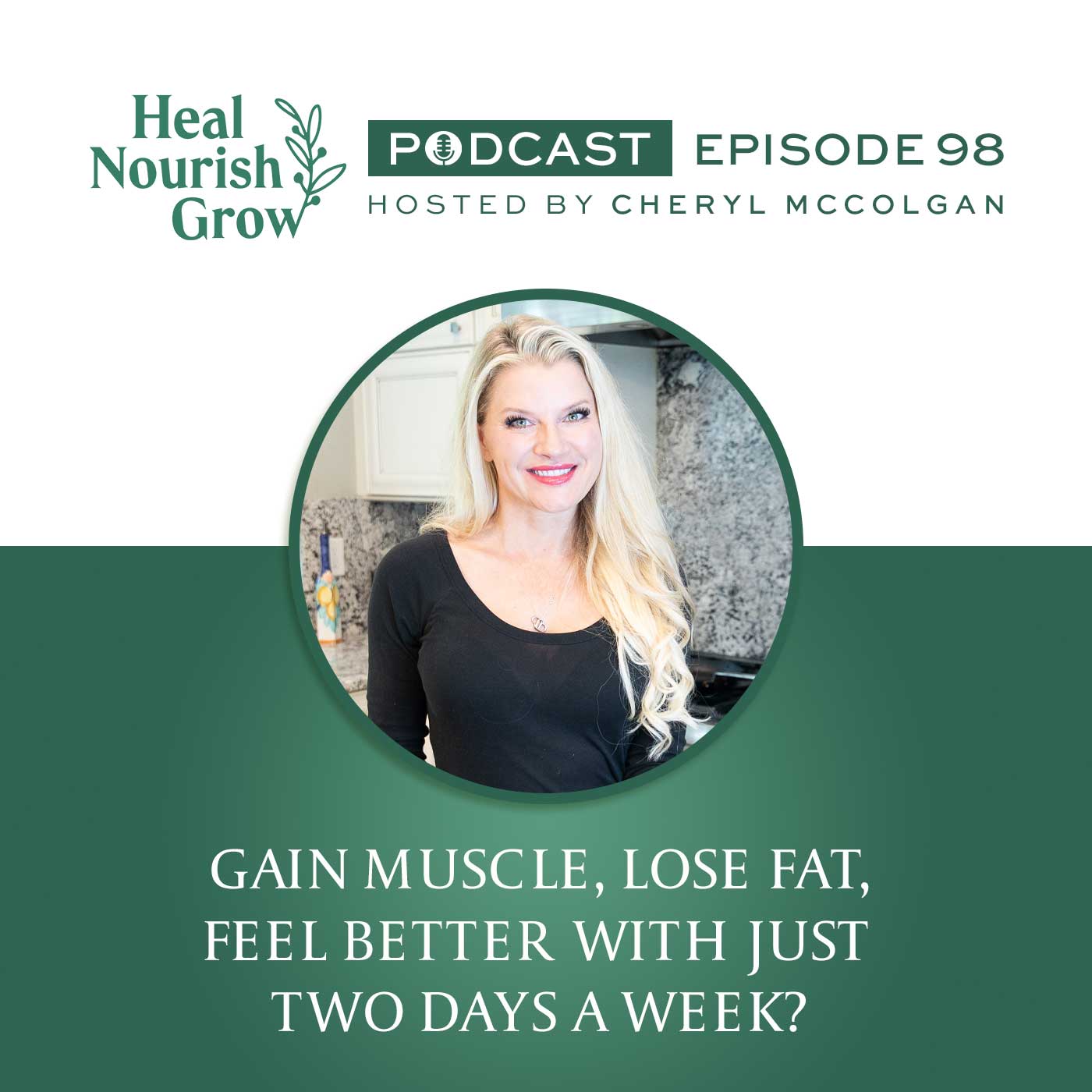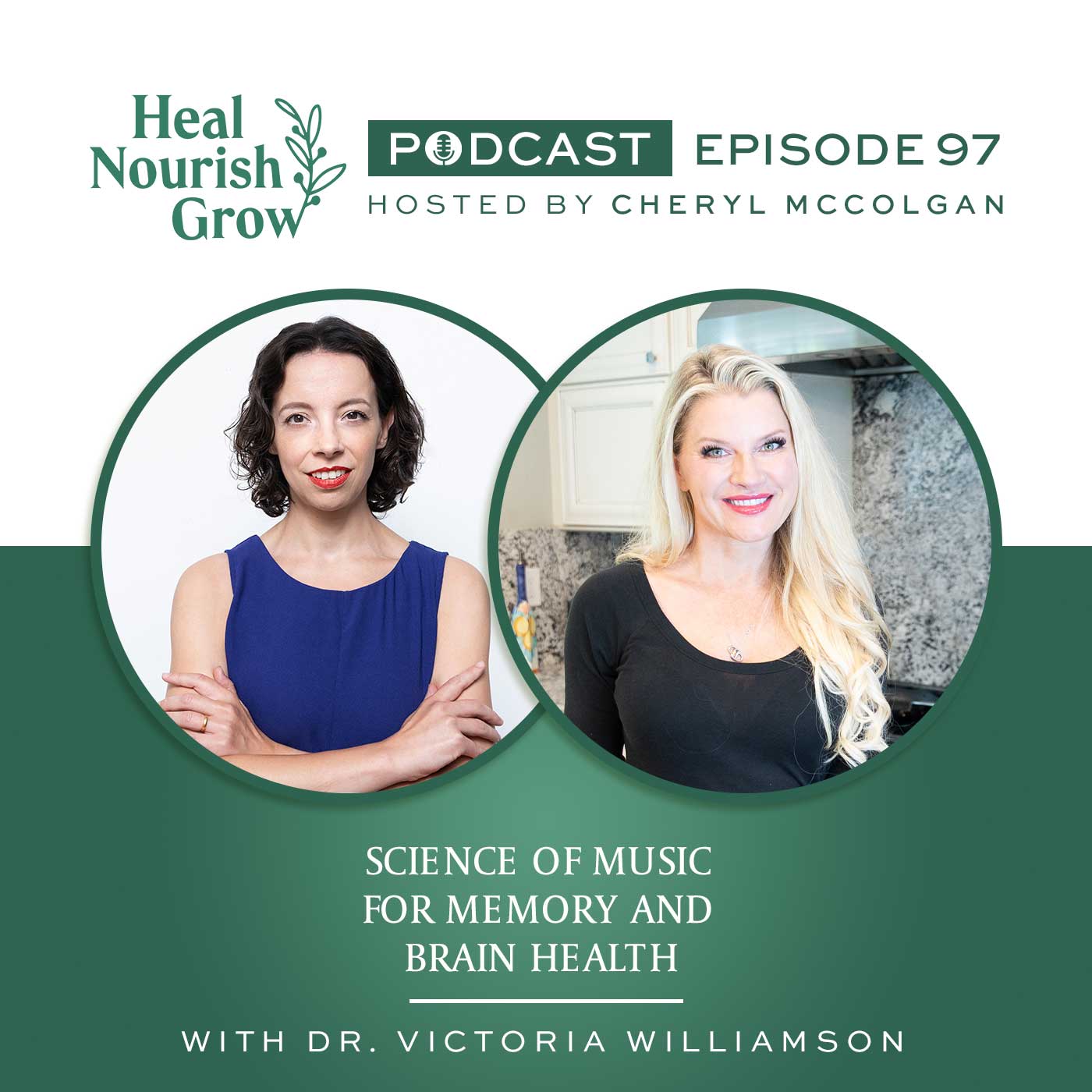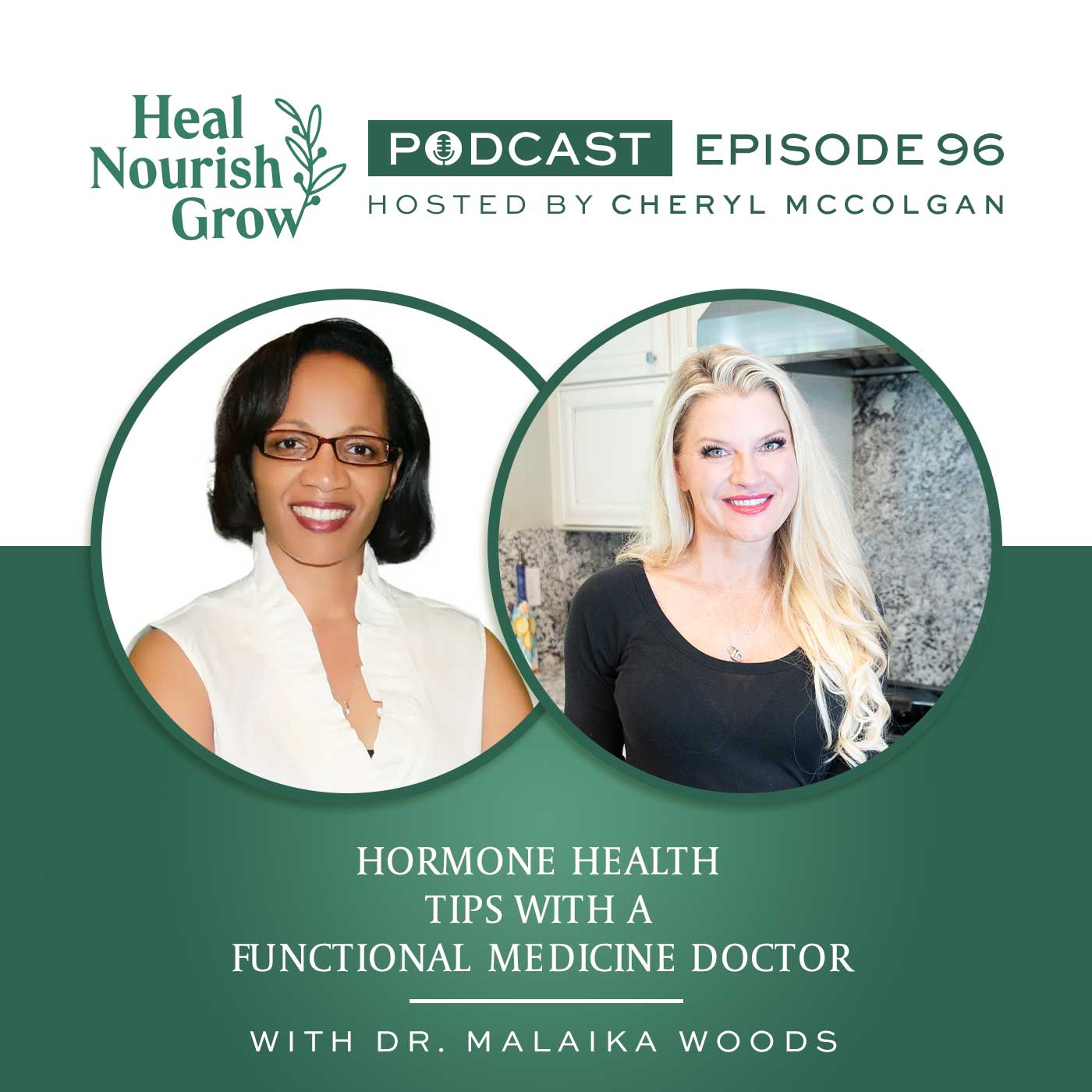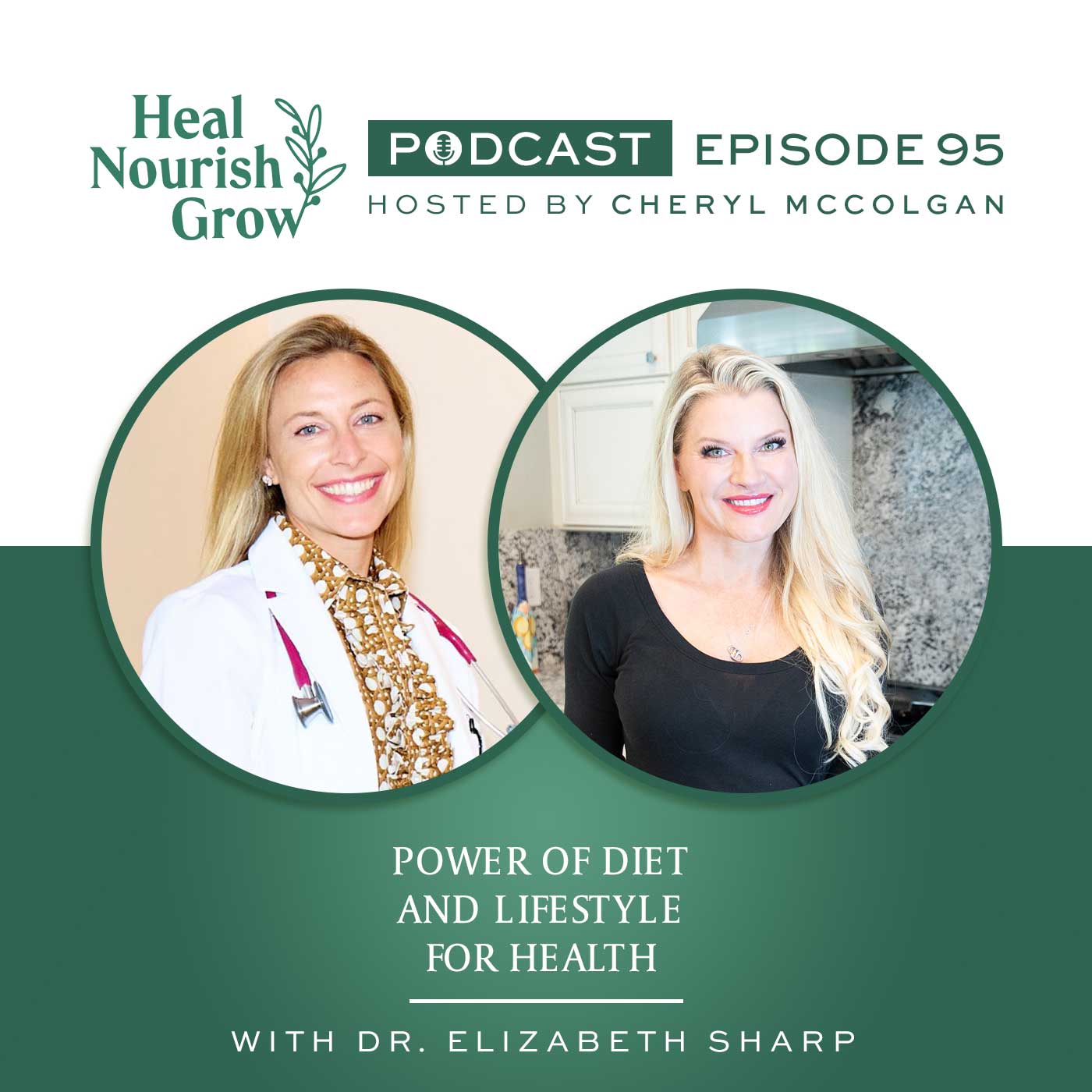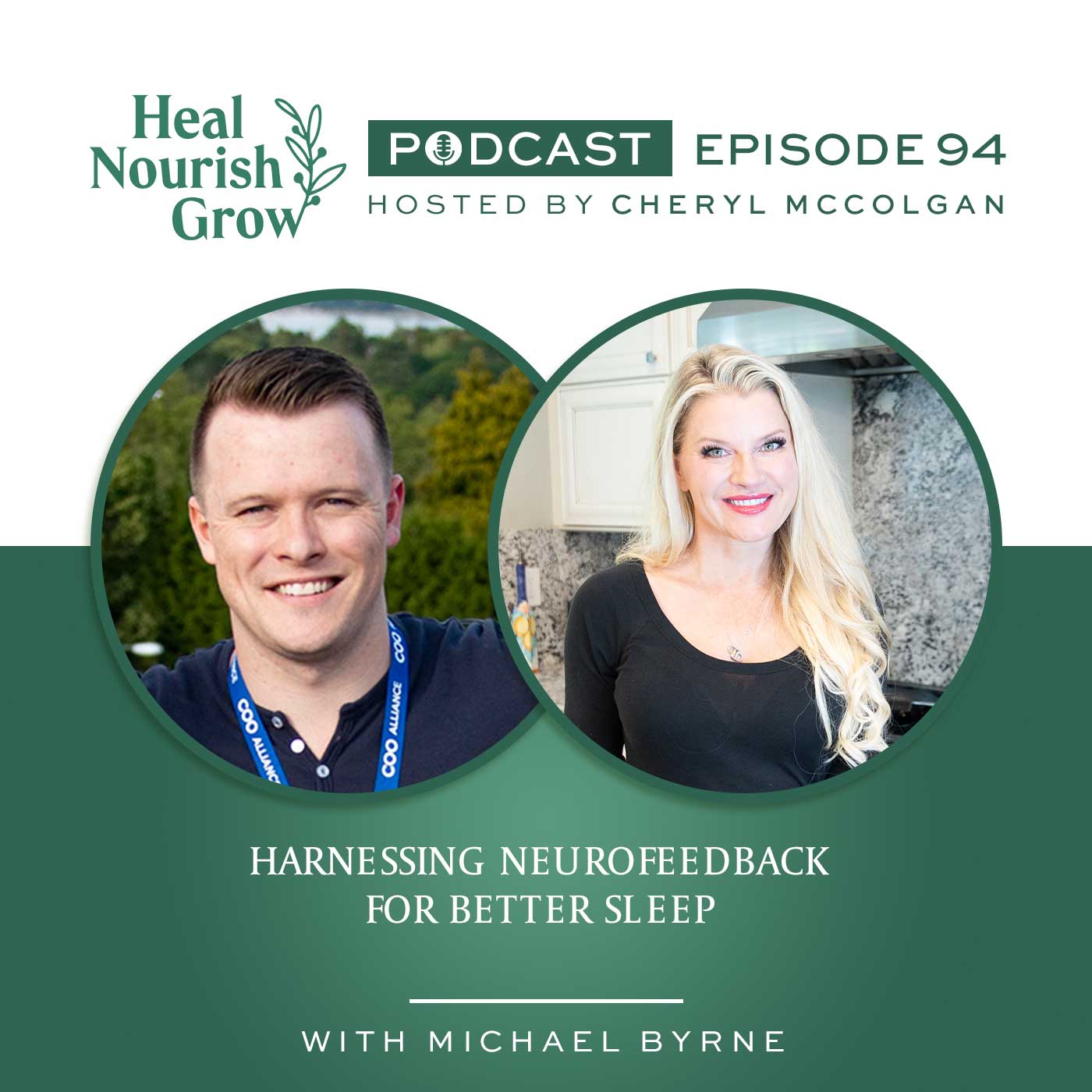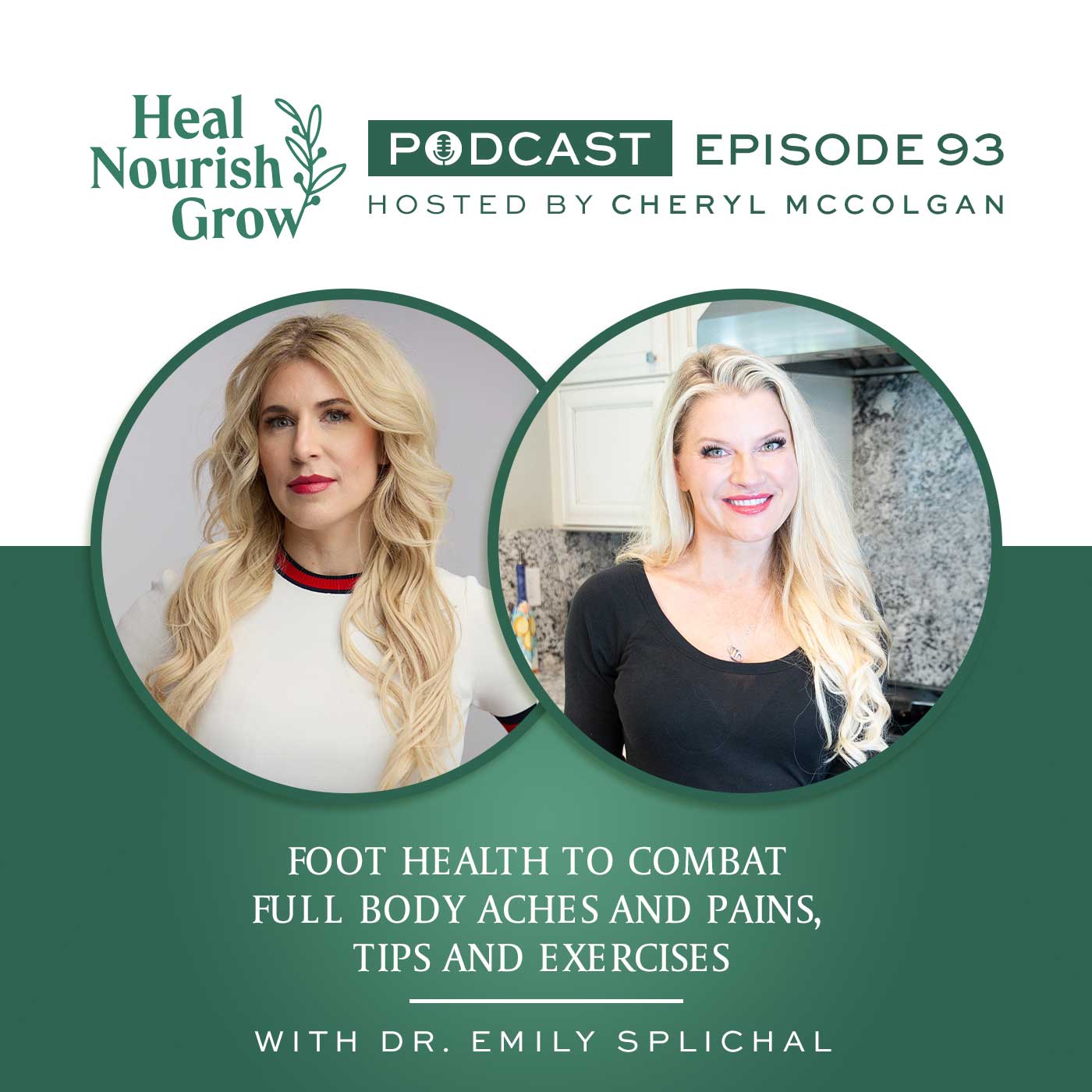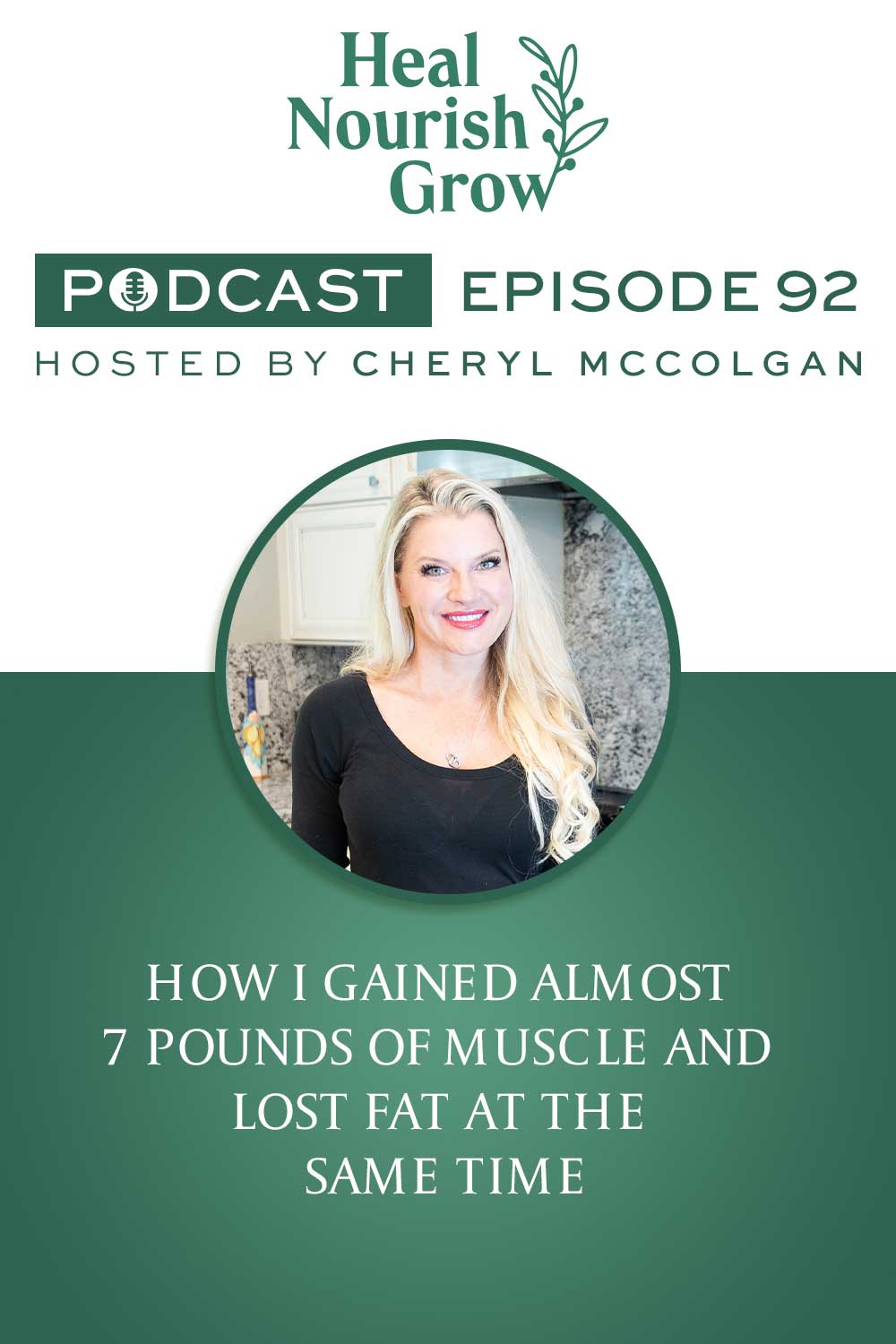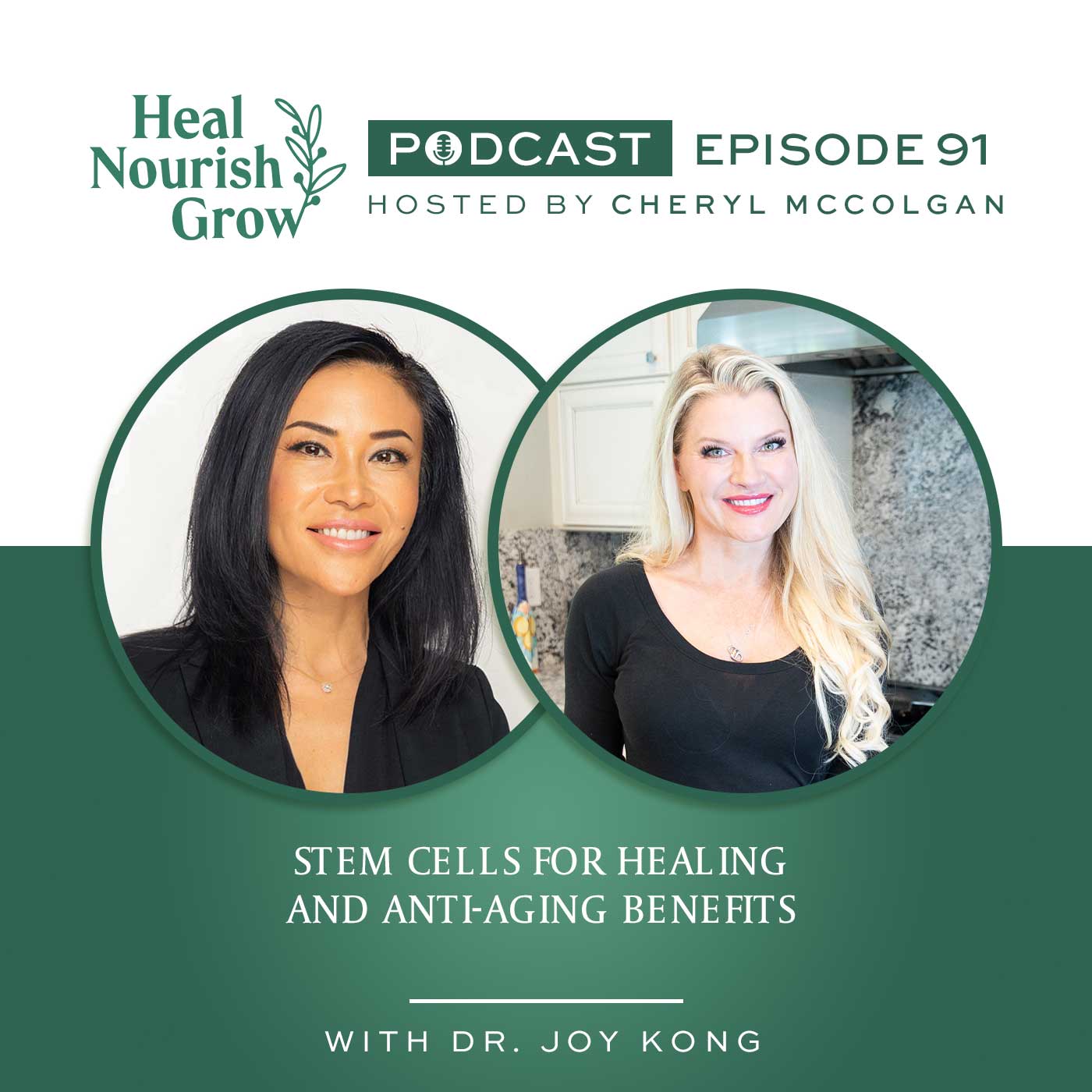All The Benefits of Fasting While Still Eating? 106
Description
In this episode of the Heal Nourish Grow podcast, Dr. Chris Rhodes, a nutrition scientist, discusses his journey into the fields of longevity and fasting. He explains the significance of autophagy and shares his personal experiences with fasting.
Dr. Rhodes also introduces Mimio, a product designed to mimic the benefits of fasting at the molecular level, and discusses the clinical studies that support its efficacy. The conversation delves into the science behind Mimeo’s ingredients and their roles in promoting healthspan and longevity.
Visit Mimio to learn more and get an awesome discount!
Disclaimer: Links may contain affiliate links, which means we may get paid a commission at no additional cost to you if you purchase through this page. Read our full disclosure here.
CONNECT WITH CHERYL
Shop all my healthy lifestyle favorites, lots of discounts!
21 Day Fat Loss Kickstart: Make Keto Easy, Take Diet Breaks and Still Lose Weight
Dry Farm Wines, extra bottle for a penny
Wild Pastures, Clean Meat to Your Doorstep 20% off for life
Clean Beauty 20% off first order
NIRA at Home Laser for Wrinkles 10% off or current promo with code HealNourishGrow
Instagram for daily stories with recipes, what I eat in a day and what’s going on in life
The Shoe Fairy Competition Gear
Getting Started with Keto Resources
The Complete Beginners Guide to Keto
Getting Started with Keto Podcast Episode
Getting Started with Keto Resource Guide
Takeaways
- Fasting can activate longevity bio programs within our cells.
- Autophagy is a crucial process for cellular health and longevity.
- GLP-1 drugs like Ozembic may positively impact longevity pathways.
- Mimeo is designed to mimic the benefits of fasting without actual fasting.
- Clinical studies show Mimeo can improve metabolic health markers.
- The formulation of Mimeo includes powerful anti-aging molecules.
- Nicotinamide plays a key role in cellular energy and metabolism.
- Using Mimeo can enhance the benefits of shorter fasting periods.
- Maintaining a balance between mTOR activation and fasting pathways is essential for health.
<figure class="wp-block-embed wp-embed-aspect-16-9 wp-has-aspect-ratio is-type-video is-provider-youtube wp-block-embed-youtube">
</figure>
Episode transcript
Cheryl McColgan (00:00 .834)
Hey everyone. Welcome to the Heal Nourish Grow Podcast. I don’t even know the name of my own podcast. It’s loving my words today. But anyway, I’m really excited about today’s guest. I’m here with Dr. Chris Rhodes and he is a nutrition scientist. I’ll let him better describe himself, but you will have heard his full bio, of course, before this, but I always like to start out, Dr. Rhodes, with just having you kind of share in your own words, what brought you into this space? What made you passionate about
working with Mimeo Health and the technology there. Like what led you to this point?
Dr. Chris Rhodes (00:32 .962)
Yeah, great question. Really happy to be here, Cheryl. Thanks for having me on.
really got me interested into the longevity space, the healthy aging space, and eventually the fasting space was coming out of college. I got my BS in biochemistry from Leroy LaMaria Mount University, but like a lot of college kids didn’t really know what I wanted to do there. So to try and figure that out, took an immunology fellowship at Stanford, just kind of pouring through all the research I could get my hands on going to all these seminars, and eventually came across the longevity research.
And I thought that was so fascinating because it was this thing that used to be relegated to myth and legend, right? It was like Ponce de Leon and the Fountain of Youth. And now it’s this very active, very rigorous area of scientific research with a ton of funding and a ton of companies and a ton of government and scientific attention on it. And it’s one of those things that helps with everything, right? If you can solve aging, then you can pretty much
also solve disease because by and large, most young folks don’t get disease. really see that aging is something that’s an underlying factor in every disease that happens. So if you can tackle these fundamental issues of aging at the cellular level and really slow that process down, then you can not only potentially enhance lifespan but also healthspan at the same time, which I think is what we’re all really going for, living our lives as well as possible and as best health as possible for as long
long as we can. When you’re in the healthy aging and longevity space, eventually you come across fasting because fasting is one of the only ways that we know of to reliably extend lifespan and health span helps to treat, prevent, or delay most major diseases. And the reason why that was so fascinating to me is because it does all of that without actually adding anything into the system, right? So it’s not this superfood or this wonder drug that’s doing all the work, but somehow fasting is
Dr. Chris Rhodes (02:36 .742)
activating these dormant longevity bio programs that we already have inside of us at the cellular level, but just aren’t being activated on a daily basis, just aren’t turned on. And when that clicked for me, it actually made me mad because I was like, great, my body knows how to live to be 120 years old and in perfect health, but it’s just not doing it. And that’s what kind of catapulted me into the fasting research space. And what I was
doing for my PhD, which eventually became Mimeo.
Cheryl McColgan (03:11 .586)
That’s a great background. Before we get into some of the science behind it and some of those other things, what’s going through my mind is knowing the timing from your bio and knowing a little bit about when you were in school. I would imagine that you probably had to be making some of these decisions about this when the Nobel Prize for autophagy was awarded. I believe that was 2016. That’s actually when I first ran across it. I had just found out that my dad had cancer.
And I started digging around and doing all this research and came across that, you know, the fact that this had been awarded the Nobel Prize and then just started reading more about autophagy and got, went down this whole rabbit hole. But I would love it if you could share with people from a more scientific perspective, you know, autophagy kind of means self-eating. And I think most people at this point have heard that term before. But if you can maybe describe some of the mechanisms there and
just to give people background before we kind of launch into the tech.
Dr. Chris Rhodes (04:09 .56)
Yeah, yeah, absolutely. yeah, autophagy does mean self-eating. And what that’s actually referring to is essentially our cellular cleanup and recycling mechanisms. So cells initiate autophagy, which is this process of these little what it’s called autophagosomes, these little tiny lysosome encapsulation particle things that go around and they’ll selectively absorb and digest and break down into their component parts.
these dysfunctional proteins, dysfunctional organelles, what I like to call cell junk. They’ll take that up, they’ll break it down, and then once it’s in, it’s like considerate of parts, it’s amino acids, it’s carbohydrates, it’s fats, it’s lipids. Then your cells will take all of that and then utilize it to create new functional organelles and new proteins. So it is this process of breaking down the damaged elements of a cell and then recycling them into
new nutrients into new energy sources into new

